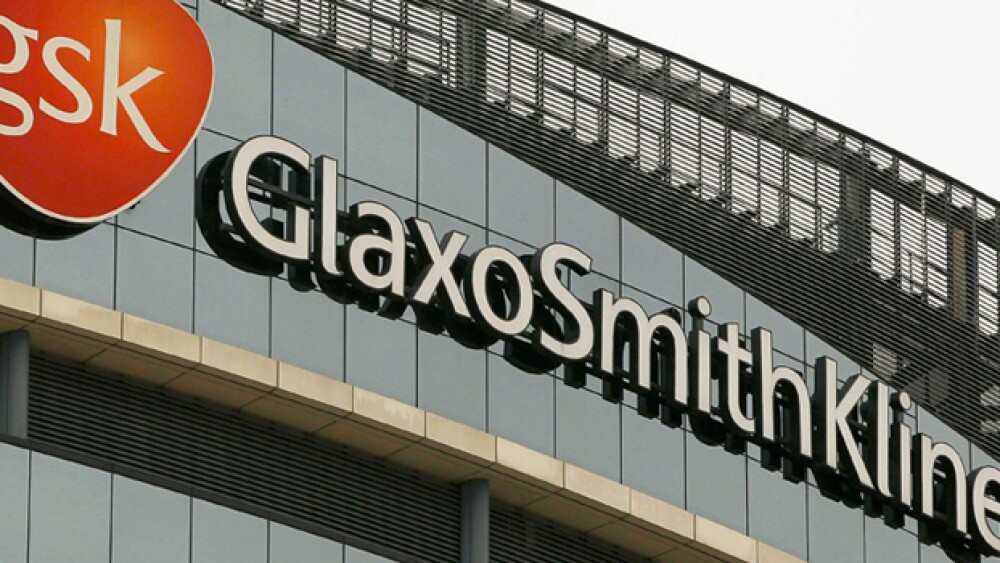Months after GlaxoSmithKline unveiled positive long-term data that showed Nucala is an effective treatment for patients with severe asthma, a U.S. FDA staff report is casting doubts on its potential as a treatment for chronic obstructive pulmonary disease (COPD).
Months after GlaxoSmithKline unveiled positive long-term data that showed Nucala is an effective treatment for patients with severe asthma, a U.S. Food and Drug Administration (FDA) staff report is casting doubts on its potential as a treatment for chronic obstructive pulmonary disease (COPD).
First reported by Reuters, the FDA staff questioned whether or not Nucala (mepolizumab) was effective as a treatment for reducing the sudden worsening of COPD symptoms. The staff report was prepared for an advisory panel that will review Nucala as a COPD treatment this week. The report raised concerns over Nucala’s efficacy. The report raised concerns over the drug’s “failure to meet a statistical threshold for effectiveness in one of the clinical trials,” Reuters said. Also, the FDA staff report said there was “uncertainty in defining groups of patients” who would benefit from treatment with Nucala, Reuters added.
Nucala in an IL-5 inhibitor. It works by preventing interleukin-5 from binding to its receptor on the surface of eosinophil cells, a white blood cell that contributes to asthma. That interference reduces eosinophil levels. High levels of eosinophil can cause inflammation in the lungs.
In its report, the FDA staff said it does not have the benefit of having “prior precedent and successful clinical programs targeting the IL-5 pathway in COPD.” The report does say that information the FDA has regarding targeting IL-5 in COPD patients “raises questions regarding the potential of this target.” The FDA staff report pointed to another IL-5 inhibitor, AstraZeneca’s Fasenra, which failed in a Phase III trial as a treatment for patients with moderate to very severe COPD. That was the second COPD failure for Fasenra, which last year scored approval from the FDA as an add-on treatment for asthma patients.
COPD is a progressive disease which can cause obstruction of airflow in the lungs resulting in debilitating bouts of breathlessness. It affects an estimated 384 million people worldwide and is predicted to be the third-leading cause of death by 2020. About 30 to 40 percent of moderate to severe COPD patients on triple inhaled therapy remain uncontrolled and continue to experience exacerbations.
Nucala was initially approved in 2015 by the FDA to treat patients age 12 years and older with severe asthma with an eosinophilic phenotype. Since its approval, it’s been prescribed to more than 18,000 people in the United States. In May the company released data from a late-stage trial that showed one-third of patients treated with Nucala (mepolizumab) experienced no asthma-related exacerbations during the study.
The FDA staff report also questioned the method in which GSK recruited patients for its COPD trials. The report said that GSK did not collect baseline data on asthma history when it recruited patients. Because Nucala has been approved as a treatment for asthma, including patients with a history of asthma in the COPD study could skew results, the report said.
“Given the marginal statistical significance of the single trial that won on the primary endpoint whether patients with asthma could have been enrolled is an important consideration,” the report said.
The FDA advisory panel is expected to meet Wednesday to discuss Nucala for COPD.





